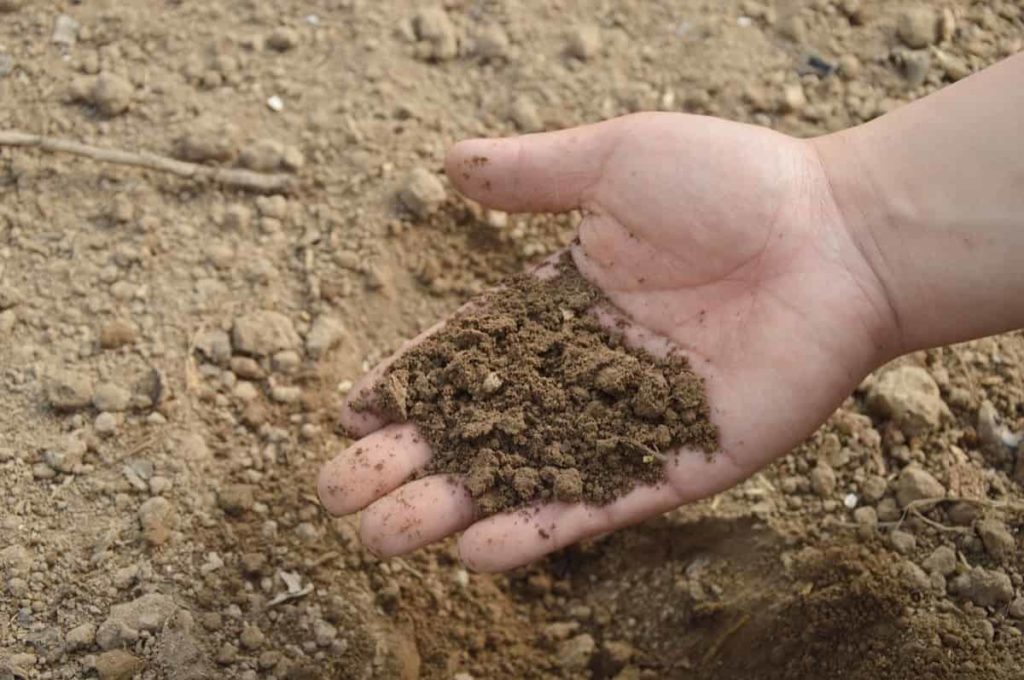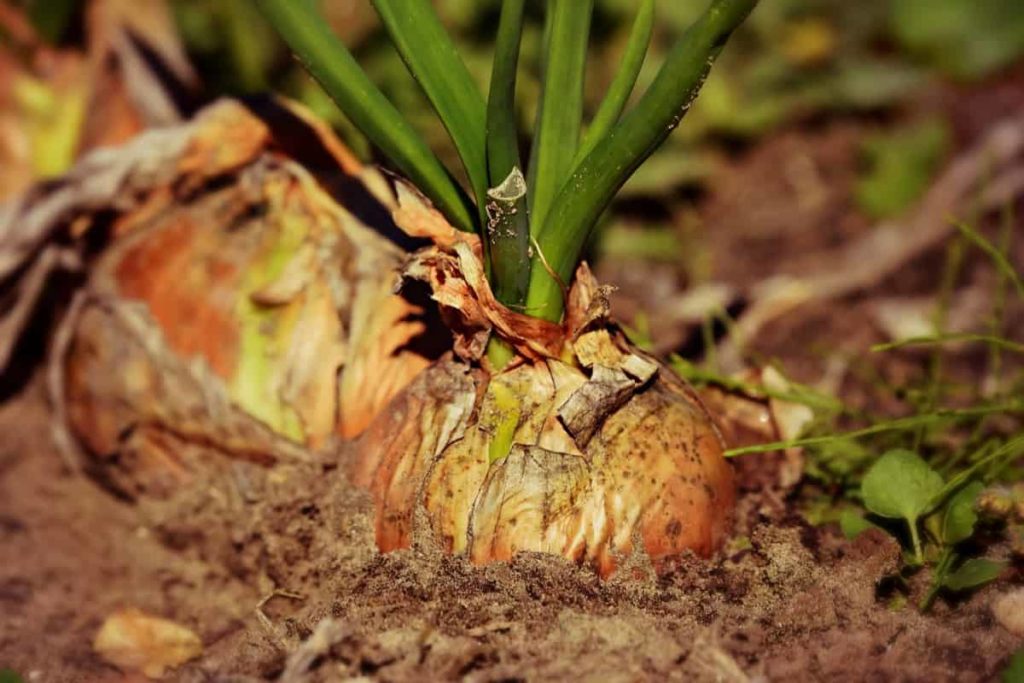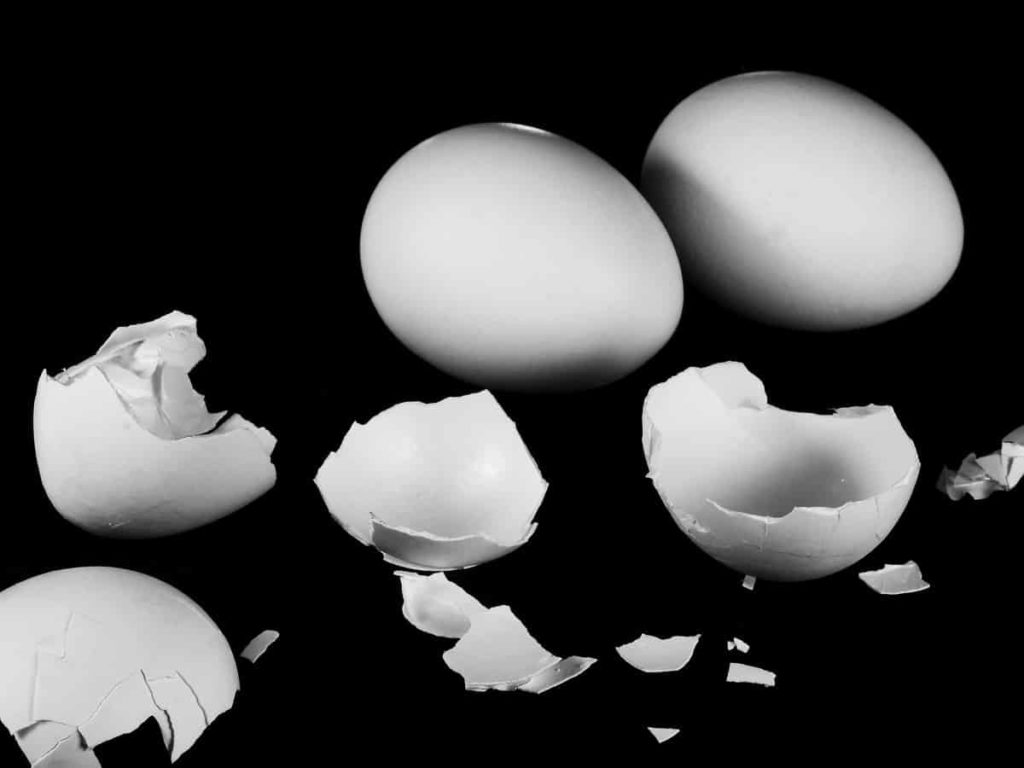Tips and tricks for organic gardening
- You can cover the compost pile with a tarp if you can’t use it for a while to not leach out nutrients.
- Adding companion plants to your garden is a fantastic way to enhance it. Some plants replenish nutrients lost by others, while others repel pests.
- Tie your dried herb sprigs together to form small bunches at the end of summer. Hang them in a dry place out of the sun with a rubber band tied around their tips. Do not make the bunches too large for even circulation. Keep dry in canning jars, either whole or crumbled, with labelled lids. Alternatively, you can freeze herbs for future use.
- To prevent powdery mildew and other fungi spread by high humidity, drink water in the morning.
- Compost requires more soil in the long growing season. Therefore, more nutrients and organic matter are required in the soil during the long growing season.
- Nectar-producing plants like parsley, dill, and fennel can attract ladybugs to your garden.
- Mulch made from coffee grounds is excellent for planting acid-loving plants.
- Plants with thinner leaves generally require more water to survive. Thick-leaved plants require less.
- Make a compost tea by mixing equal parts compost and water. Pour the liquid directly on top of healthy plants. For smaller seedlings, dilute this solution by four parts water to 1-part compost. The compost that has not gone into solution can make more garden.
- Compost and soil amendments are essential for new beds, as is double digging for that extra boost.
- Spread a 2 to 3-inch layer of mulch (not treated with pesticides or fertilizers) around the lettuce and cabbage leaves when growing. The mulch will also prevent weed growth.
- The chemicals used as preservatives in railroad ties are now considered harmful and toxic, so don’t use them around your vegetable garden.
- You can cover your plants with milk jugs, soda bottles, and other plastic containers to protect them from frost.
- Only two percent of insects on earth cause harm. The majority are beneficial.
- Most annuals will produce more flowers if you pinch off flowers frequently.
- Bats are a great way to control pests naturally. For example, in North America, many birds and bug zappers are eaten by insects exclusively.
- When watering, make sure to water deeply and thoroughly. When you water your plants frequently and shallowly, you train their roots to stay close to the surface, making them less hardy and more likely to suffer if it’s dry.
- Ensure that your crops are rotated every year to help reduce pest and disease problems and correct nutrient deficiencies and excesses.
- Healthy soil is essential for pest management. As a result, healthy plants are produced to resist disease and insects.
- An excellent organic insecticide, diatomaceous earth is an abrasive white powder used to damage insects’ cuticles, skin, and joints. It also works well as a slug barrier.
- Herbal insecticides are derived from plants and are more toxic than synthetic insecticides. However, they are better in the long run because they don’t accumulate in the food chain as synthetics do.
- Seeds need to be watered after they sprout. Without water, they will die. You may need to sprinkle water once or twice a day on lightly covered seeds with soil to keep them moist.
- It is beneficial to the soil and plants to have earthworms. Unfortunately, earthworms also leave behind worm castings. Take every step you can to encourage earthworms.
- If you mulch and amend your garden soil regularly, it only needs a 1-inch layer of compost every year to remain healthy.
- You can control pests organically by allowing beneficial microbes, other soil microorganisms, and earthworms to flourish in your soil. Plants that grow in healthy soil are more resistant to pests and diseases, reducing the need for pesticides.
In case if you miss this: Organic Backyard Vegetable Gardening

Ideas for organic gardening
- Successful organic gardening starts with good soil. Soil and dirt are vastly different things. Dirt cannot support anything other than hearty weeds. To obtain the best possible yields, an excellent organic gardener will improve their soil as much as possible.
- Put a compost bin in place today. You don’t need a fancy bin. Instead, collect organic matter such as grass clippings, leaves, and food waste in a selected area. Weaved wire bins, pallets, or even a fifty-five-gallon barrel can be used if desired. Add to your compost bin daily.
- Add the proper organic fertilizer to your soil after it has been tested. Fish emulsions, bone meal, seaweed extracts, and compost are organic fertilizers. Your soil should be as fertile as possible. If necessary, buy topsoil from your local garden center to make your soil the best it can be. When growing in extremely rocky or clay soil, raised beds can make all the difference.
- Plant only healthy plants and viable seeds. Thin them out when you start your seeds to ensure optimal growth. If you start with purchased plants, be sure they are robust and healthy. It is possible to save seeds from the best of the season’s crop by choosing heirloom seeds and plants.
- Companion planting can be researched and learned. For example, some plants thrive when grown together in a symbiotic relationship. For example, your tomato plants will be kept away from aphids by marigolds. Internet will help you learn more about this type of garden.
- Ensure your organic garden has enough water. It isn’t always easy for nature to provide plants with enough moisture. Ensure water access when selecting your garden area during the long, hot, and dry summer months.
- Gardeners should use mulch whenever possible. Mulch helps gardens retain moisture and prevent weeds from growing. Make sure all weeds are pulled before they take over.
- Herbicides made from organic materials can be used when necessary. To do so, spray a pepper/water blend or organic soap mixture on the plants. Additionally, the soap mixture reduces the likelihood of diseased plants. Plants are also protected from insects and animals with netting.
- Once the plants have stopped producing, pull them. Compost the plants for next year. By removing plants that are no longer producing fruit, you will help preserve the soil’s nutrients, discourage pests, and prevent disease.
Techniques for organic gardening
- For an easy clean-up after gardening, tie the foot of old pantyhose to the outdoor faucet with a bar of soap.
- Chrysanthemums, garlic, onion, and chives repel insects. Plant these around your gardens to keep them at bay.
- Soil needs time to stabilize after composting – apply 2-3 weeks before planting.
- Do you water with a sprinkler? It would help if you placed a cup in the area you would be watering to ensure your plants get one inch of water.
- By mulching your plants, you will keep the soil moist and prevent weed growth.
- In the winter, plant buckwheat as a cover crop to replenish the soil and attract bees.
- Reusing water
In case if you miss this: Organic Vegetable Gardening for Beginners

- 1. Vegetable water from cooking
- 2. Use a rain barrel to wash your veggies so that you can reuse the soil and water
- 3. You can even dilute urine and use it as fertilizer
- The most versatile, cheapest garden tool you never even knew you owned is a chopstick. – realizer at RodalesOrganicLife.com, a seasoned organic gardener and coordinator of Rodale’s employee garden.
- Do you plan to create a Container Garden? Using foam peanuts in the bottom of large pots will improve drainage and make them easier to move. Are you experiencing slug problems? Fill a jar with cornmeal and place it with its side facing the affected plant. Even though it kills them, slugs eat cornmeal.
- To prevent pests and nourish the soil, sprinkle coffee grinds around plants.
- To keep birds and pests from destroying your garden, stick a plastic fork with a spike near seedlings.
- Plant your seeds the day before by soaking them in warm water.
- Hanging plants can benefit from the use of an unused, opened diaper.
- To keep deer away from spring blooms, plant chives, and onions strategically around tulip bulbs. –
- 1. Keep dirt out of a flower pot by placing a large coffee filter in the bottom.
- 2. Weeds are easily removed by mixing vinegar with dish soap and water.
- 3. A clear soda bottle creates a mini-greenhouse for young plants.
- You can accelerate the germination process by pre-sprouting your seeds.
- Place a damp paper towel on a flat surface (like a cookie sheet).
- Put the seeds in the middle of the wet paper towel. It would help if you used a different paper towel to pre-sprout different plants.
- Over the middle seeds, fold over the right third of the towel, then over the left third. Pat down, so the seeds receive moisture. To finish folding the paper towel, fold over the top third and the bottom third.
- Place the damp paper towel pocket inside the plastic bag with the seeds. Be sure the seeds have just enough moisture to sprout by opening the plastic bag each day and checking the towel every day
- Think outside the planter box when you create a container garden. Isn’t a container just about anything you can plant? You are only limited by your imagination when deciding on your container.” -Robin Horton, founder and creative director of Urban Gardens.
- Plan your beds to have extra space to plant and make mowing easier.
- Pair a dozen holes in an empty soda bottle, or use a nursery pot with holes to plant near your vegetables. Then, make your drip feeder by filling the bottle’s opening with water and burying it below ground.
- Make a hole in the bottom of a lemon peel or half of an eggshell to drain, and use that to start your seeds inside, then plant them when they’re ready.
- If you grow veggies that get calcium deficient, such as tomatoes or peppers, sprinkle crushed eggshells on your compost pile or in the bottom of your planting holes.
- To easily access a measuring stick when spacing plants, use a permanent marker to draw lines on the long handle of one of your gardening tools.
In case if you miss this: Urban Gardening for Beginners, Tips, and Ideas

Commonly asked questions about organic gardening
1. What are the steps to starting an organic garden at home?
- Select a site.
- Choose great soil.
- Select the Perfect Plant.
- Conserve water.
- Don’t forget to feed your plants.
- Mulch the garden.
- Rotate the crops.
- Pick up debris.
2. What do you consider organic gardening?
Organic farming involves growing without synthetic fertilizers, pesticides, herbicides, or other products that harm the environment.
3. How can you grow organic gardening?
- Enhance your soil’s quality
- Compost your waste
- Plant different kinds of plants
- Take care of pests
- Feed your plants organically
4. What are the benefits of organic gardening?
By reducing the use of agrochemicals (which require a lot of fossil fuel to be produced), organic agriculture reduces non-renewable energy usage. In addition, by sequestering carbon in the soil, organic agriculture contributes to mitigating the greenhouse effect and global warming.
5. How does organic gardening work, and why is it important?
Using nature’s products to feed and protect your garden is called organic gardening. Reduce the number of chemicals released into the atmosphere by using natural products. The use of pesticides can harm more than just insects. The chemicals in the soil are washed off by rainfall and drip into nearby drains.






